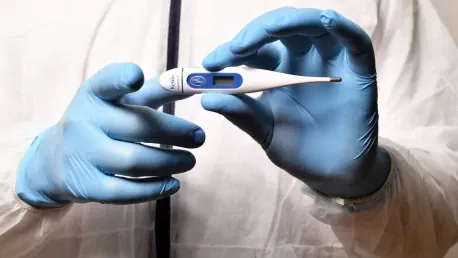
The recent passing of the Continuing Resolution (CR) bill narrowly averted a government shutdown, but it left many in the healthcare sector feeling disappointed. Despite some benefits, numerous critical provisions were excluded, leading to widespread frustration among advocates and stakeholders.
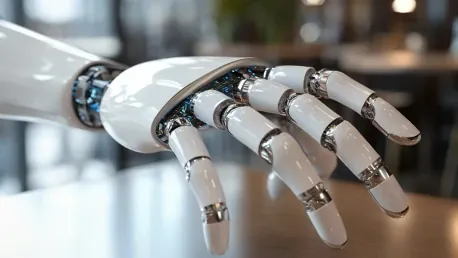
The Genesis Project is revolutionizing the field of robotics training by leveraging generative AI to create highly realistic virtual environments where robots can learn and adapt with unprecedented speed and efficiency. This groundbreaking approach is marking a significant departure from
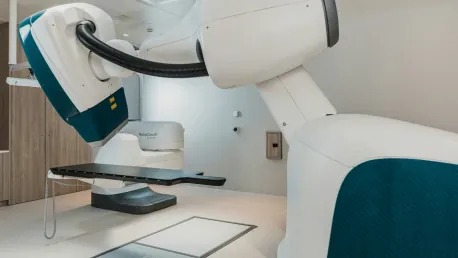
Washington, D.C., has recently experienced significant policy reforms that are poised to transform the landscape of nuclear imaging, reflecting a confluence of legislative and regulatory efforts aimed at enhancing diagnostics and treatment options for patients. These reforms come in response to
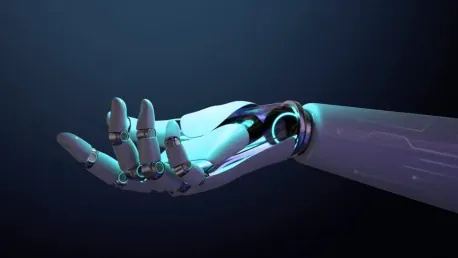
Imagine walking into a hospital where autonomous humanoid robots assist doctors and nurses, manage inventories with precision, and ensure safety is never compromised. This scenario once seemed limited to the realm of science fiction, but it is rapidly becoming our reality. The cutting-edge

In a bold move to tackle the complexities and inconsistencies of healthcare data, Tuva Health, an open-source healthcare data platform, has been launched with an impressive $5 million in seed funding. Headquartered in New York City, Tuva Health is on a mission to clean and standardize the often
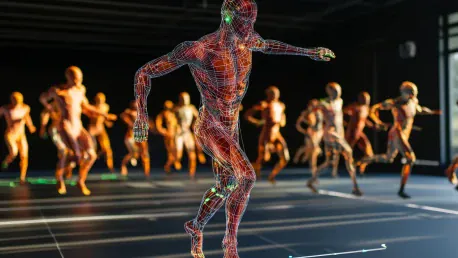
The longstanding challenges associated with traditional motion capture techniques have been addressed by researchers at CAMERA, the University of Bath's Center for Analysis of Motion, Entertainment, and Research Applications. By creating open-access software for analyzing motion capture data